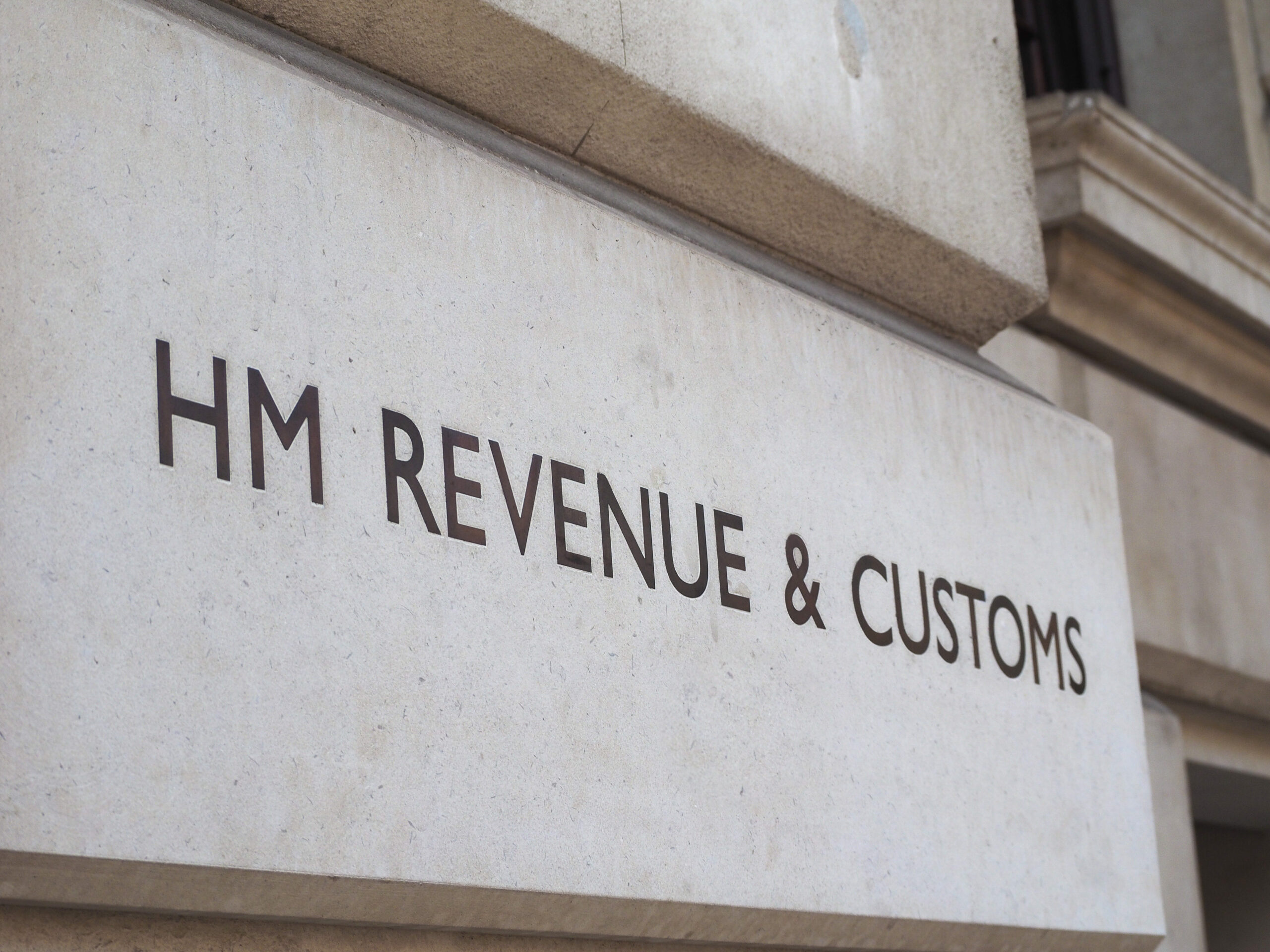HM Revenue & Customs (HMRC) recently released new consultation documents that seek to expand the allowable expenditure for R&D tax credits to cover cloud accounting and data costs.
Responding to the release of the documents, the R&D tax specialists at cloud accounting platform Made.Simplr have said changes to the scope of expenditure are long overdue and should be comprehensive to ensure that UK businesses can innovate and grow.
Made.Simplr is a new cloud accounting platform that automates much of the R&D claims process for accountants and their clients, using AI to draw the necessary information together and prepare HMRC-ready claims.
Having helped hundreds of businesses complete the claims process, they say there are countless examples of where businesses have missed out £100,000’s of relief due to the inability to claim costs associated with data and cloud accounting, especially hosting costs.
Depending on the outcome of the current consultation, HMRC may look to expand the rules surrounding R&D tax credits to include a proportion of this expenditure within a claim.
“For a long time, the argument seemed to be that hosting and other data costs, which were an integral part of some companies’ R&D, were not sufficiently separate enough from a firm’s commercial work to meet the criteria for a claim.
“However, similar costs within a business, such as utilities which are consumed in the R&D process can be claimed for if apportioned properly. It would seem that similar rules for cloud accounting and data cost could make a massive difference to many businesses who are reliant on digital services as part of their R&D process.”
Sarah said that the limits on expenditure in these areas often proves to be a particular impediment to accessing the tax relief for certain sectors, such as IT and the creative industries.
Eneko Igartua, Made.Simplr’s Operations Manager, added: “The reality is that if a firm is large enough and invests in a private server network dedicated to just R&D, then they may be able to claim some of the expenditure through the tax credit system.
“This means that the current rules are a significant disadvantage for smaller innovators, such as start-ups and scale-ups, which are more reliant on this kind of financial support.”
Made.Simplr believes that further reform of the R&D tax rules, beyond those being considered, could help to provide the support that forward-thinking businesses need as they attempt to recover from the current crisis.
“The Government may be missing an opportunity if they do not review and amend the rules around R&D comprehensively enough,” added Eneko. “Here is an opportunity to support those businesses that could lift the UK out of the difficulties it faces and into a new era as one of the world’s leading innovators.”
The team at Made.Simplr is calling on members of the accountancy profession and their clients to take part in the Government consultation, which closes on 13 October 2020. To submit a response, please visit www.gov.uk/government/consultations/the-scope-of-qualifying-expenditures-for-rd-tax-credits-consultation
